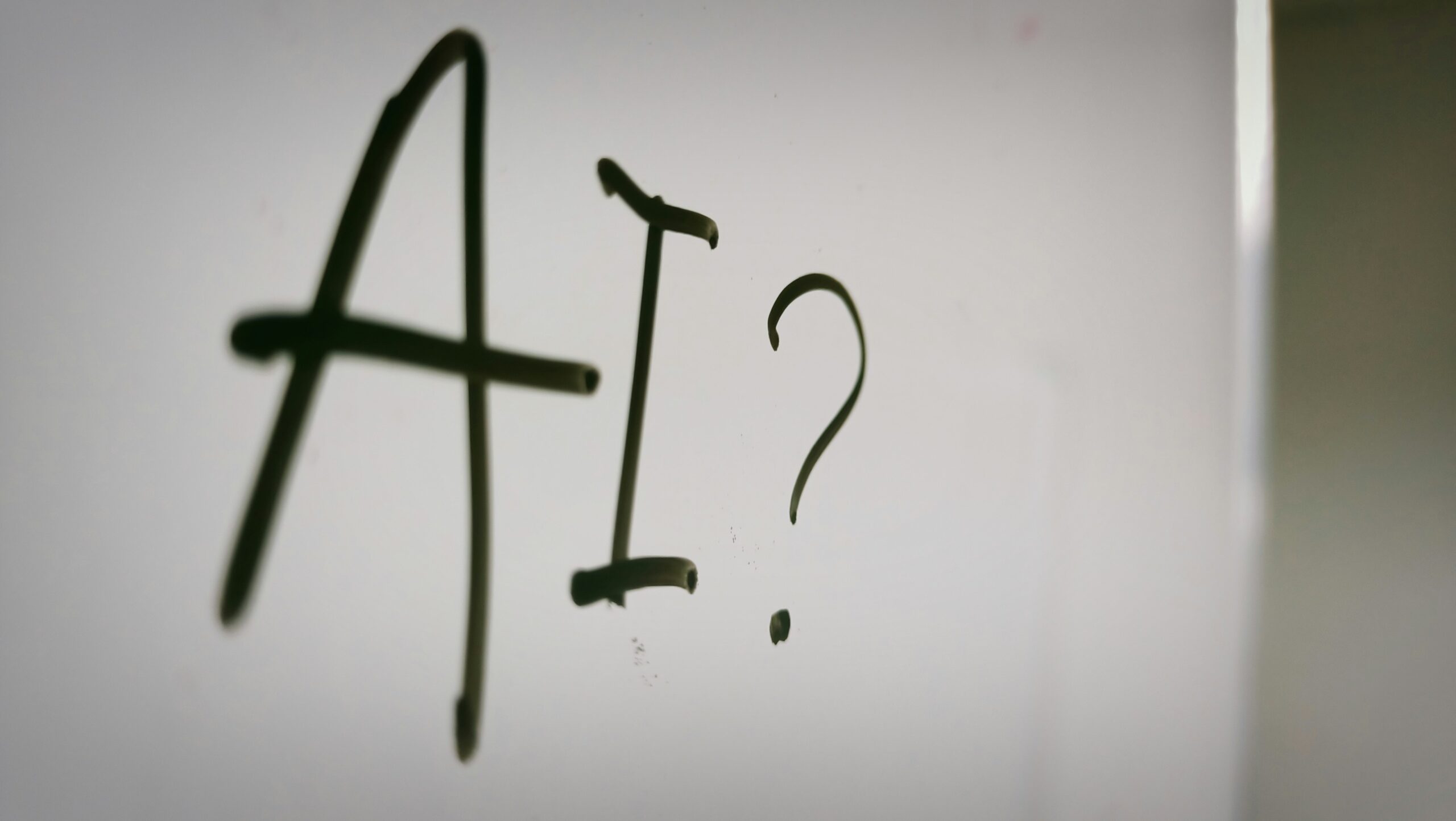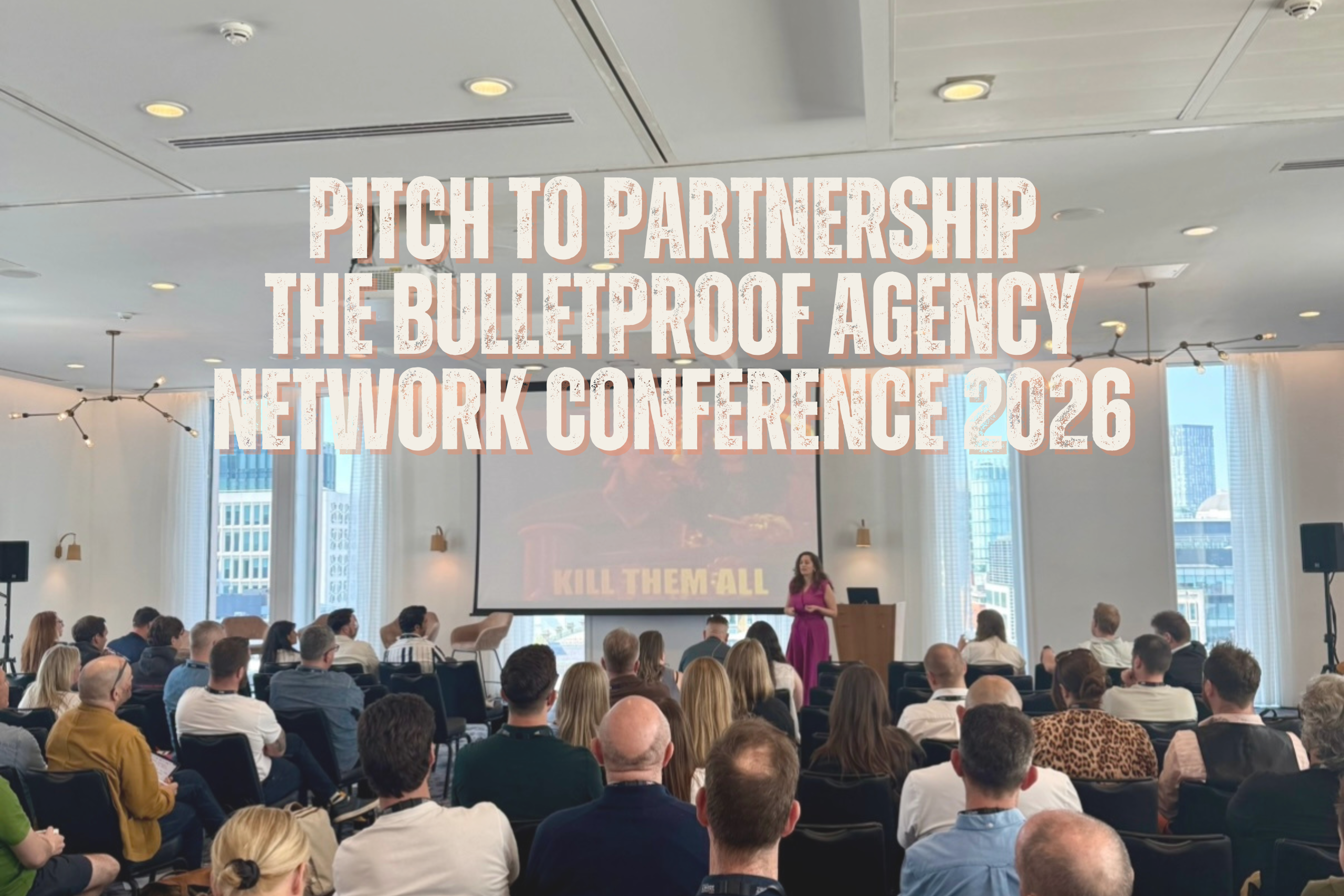The complicated world of Artificial Intelligence just got a little bit clearer (but not by much).
The recent UK High Court case Getty Images v Stability AI has given us one of the first real tests of how copyright law applies to AI.
The result?
A mixed verdict that settles a few technical questions but leaves the big ones wide open. For creative agencies using or experimenting with AI tools, this case matters, because it helps define where the legal boundaries are (and aren’t) right now.
The Case in a Nutshell
Getty Images, the global stock photography giant, took legal action against Stability AI, the company behind the image generator Stable Diffusion.
Getty claimed that Stability AI had used millions of its copyrighted images without permission to train its AI model. The allegations covered three key areas:
- Primary Copyright Infringement
- Copying images without permission to train the model
- Secondary Copyright Infringement
- Bringing the trained AI model into the UK or letting people here use it
- Trademark Infringement
- How some AI-generated images included fake versions of Getty’s watermark
Where It All Fell Apart for Getty
The most important part of the case, the primary infringement claim didn’t even make it to a decision.
That’s because UK copyright law is territorial. To win, Getty had to prove that the copying happened inside the UK.
Stability AI argued that all its model training took place on servers abroad, and Getty couldn’t prove otherwise.
As a result, the court didn’t answer the key question:
Is it illegal to train AI models using copyrighted material without a licence?
For now, that question remains unanswered in UK law.
What About the AI Model Itself?
The court then looked at whether the trained AI model was an “infringing copy” under the Copyright, Designs and Patents Act 1988 (CDPA).
Interestingly, the judge ruled that an “article” under the CDPA doesn’t have to be physical, so a digital or cloud-based model could count.
But this point was outweighed by a crucial finding: the model’s “weights” (the data it learns from) don’t actually store or reproduce the original Getty images. They only represent mathematical patterns based on the data.
In other words, the AI model itself isn’t a “copy” of the original works.
That meant the secondary infringement claim failed, and with it, a big part of Getty’s case.
A Small Win on Trademarks
Getty did manage a small victory.
Some older versions of Stable Diffusion could generate images showing fake Getty watermarks, which the court agreed could confuse consumers.
That was found to breach the Trade Marks Act 1994. However, it only applied to early versions of the software. Newer releases had already fixed the issue.
So, while it was technically a win for Getty, it’s not one that changes the game.
What It Means for Creative Agencies
This ruling has some interesting implications for creative and digital agencies in the UK, especially those using AI in design, content creation, or marketing work.
Here’s what to take away:
Where You Train and Host Matters
If you’re developing your own AI tools or using datasets to train them, where that activity happens legally matters. UK courts can only rule on acts that occur in their jurisdiction.
Using AI Tools is (Mostly) Safe – For Now
The court found that AI models themselves don’t count as infringing copies. That means using popular AI tools trained overseas, like Stable Diffusion, Midjourney, or ChatGPT, is unlikely to breach copyright law under current rules.
But Don’t Relax Completely
The legality of AI training on copyrighted material is still unresolved. Lawmakers could change that in future, and other countries may take a tougher stance. Agencies using AI-generated content for clients should stay cautious, especially if outputs closely resemble existing works or brands.
Brand and Reputation Risks Still Apply
If your AI-generated work accidentally mimics a client’s competitor’s logo or imagery, that could still trigger a trademark or passing-off claim. Even if you didn’t intend it, your agency could still be held responsible.
The Bigger Picture
For now, the verdict gives AI developers and users a bit of breathing room. But the message is clear: copyright law is struggling to keep up with technology, and more test cases are coming.
If your agency is experimenting with AI, whether that’s generating imagery, writing content, or streamlining design, make sure your contracts, client terms, and insurance reflect these new risks.
At RiskBox, we help creative businesses stay protected as technology evolves, from Professional Indemnity cover for copyright or IP disputes, to Cyber and Media Liability insurance for digital operations.
Need to review your agency’s exposure to AI-related risks?
Get in touch with our expert team today to chat about how to protect your business as the legal landscape catches up.
Photo by Nahrizul Kadri on Unsplash




